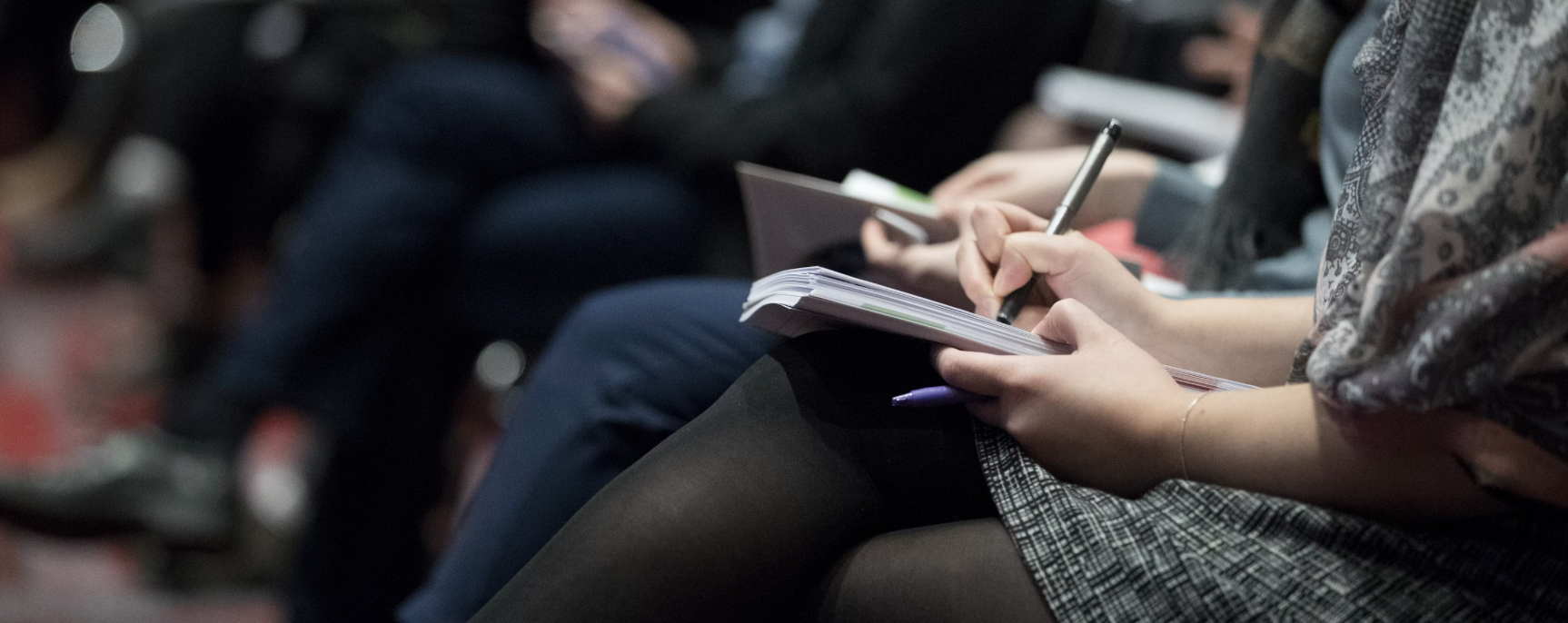
Podcaster Bea Harmston reflects on her day spent at the University’s Women in Faith conference, speculating on whether women-only events are the way forward for workplace equality
Women in business, women in STEM, women CEOs, women in politics, women in leadership. We don’t talk about male leaders – they are simply leaders – so why must ‘women’ become a separate category? How can this be deemed as anything other than patronising; delegating women into the subcategory ‘other’, as opposed to the normative men.
But despite the frustration that paying special attention to female leaders as an anomaly is diminishing, the persistent dominance of men in positions of leadership means this is an unfortunate necessity.
Why must ‘women’ become a separate category?
In an ideal world, I would like to attend an event about faith leadership that happened to be largely dominated by women, not because it was a ‘women-only’, or female centred occasion but because there were significant numbers of women in leadership all of whom were in attendance. I would like to exist in a society where leaders aren’t celebrated for being from minority groups, used on the cover of every public campaign so corporations and organisations can tick off the diversity and inclusion box before turning back to the boardroom of white, cis, middle class men.
Yet, this ideal world does not yet exist.
Therefore, women-only spaces, events or categories have great value in elevating the individuals who operate in positions of leadership despite the societal pushback. As, to quote the businessman responding to Ken in the masterpiece that is the Barbie movie; “We’re actually doing patriarchy very well, we’re just better at hiding it”.
We must single out women to elevate their contributions as leaders, because this is not the norm.
Not only that, events such as the Women in Faith conference which I attended on March 24th in our University’s Great Hall, help actualise a vision for the future for young women such as myself. Women of all ages, religious beliefs and backgrounds gathered for this occasion. We were promised inspirational discussion, challenging perspectives, networking and delicious food. Fair to say, we were not disappointed.
It is difficult to believe what we cannot see. To witness a room, and a large one at that, filled with highly articulate, motivated, powerful women, is like a giant stepping stone in the direction of that ideal world I would like to be a part of.
We are not socialised to believe in our right to take up space
Julie Siddiqi MBE told us, “not everyone is going to like you”. A punch in the gut to the people pleasers among us and a vital wake up call. Likeability does not have to be tax we pay to be respected. You do not have to dilute the authentic version of yourself to be more palatable to the majority.
Women in leadership might be unsettling to some, because we are not socialised to believe in our right to take up space. Better to leave it to the men who have centuries of experience and don’t need to question their ability to be leaders, because their authority is innate. Right?
Perhaps women have built in empathy and compassion that makes them superior leaders. Perhaps men do too, but they are not given the permission slip from society to express it.
There was certainly a collective understanding of pain in that room on the 24th and subsequently, strength.
So maybe not everyone will like us taking up space. Maybe it sits uncomfortably with some to see women, leaders and faith all used to describe one event.
But if people have an issue, to quote Julie again; “let them”.
We are tired of catering to the discomfort of anyone who refuses to acknowledge our power. The most valuable lessons we learn often come off the back of our most painful experiences. There was certainly a collective understanding of pain in that room on the 24th and subsequently, strength.
Collectivising and collaborating is an ideal that isn’t as straightforward as it sounds. Interfaith dialogue was a central theme of the conference and yet despite the range of expert voices, there was a widespread acknowledgement of its challenges.
If this conference taught me anything it is that leadership requires learning to disagree well, that trust is central to making things happen, and if you want to connect with someone, ask for their advice.
May we continue to have conferences by, for and about women. We need them.
But I also am hopeful for more collaboration with and involving men. It would be unfortunate to limit our leadership capacity by only having these discussions among fellow women.
How ideal it would be if we continue to converse with men so that they can offer us a seat at the table, or even better, offer us theirs.
For more from Bea, listen to her podcast that is the question for further explanations of and investigations into social and political issues, featuring a different guest each month.
And for more Comment, check out these articles:
Comments